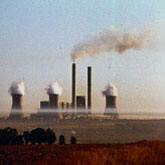EPA US Environmental Protection Agency
The Environmental Protection Agency is an independent executive agency of the United States federal government tasked with environmental protection matters.

Science Facts Written by EPA US Environmental Protection Agency
The Hole Scoop on Ozone
Ozone is a molecule containing three oxygen atoms. It is blue in color and has a strong odor. Normal oxygen, which we breathe, has two oxygen atoms and is colorless and odorless. Ozone is much less ... Continue reading
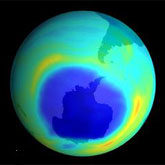
Wetlands Top Ecosystem
Wetlands are areas where water covers the soil, or is present either at or near the surface of the soil all year or for varying periods of time during the year, including during the growing season. ... Continue reading

SO2: What is it? Where does it come from?
Sulfur dioxide, or SO2, belongs to the family of sulfur oxide gases (SOx). These gases dissolve easily in water. Sulfur is prevalent in all raw materials, including crude oil, coal, and ore that ... Continue reading

Nuclides & Isotopes
An atom that has an unbalanced ratio of neutrons to protons in the nucleus seeks to become more stable. The unbalanced or unstable atom tries to become more stable by changing the number of neutrons ... Continue reading
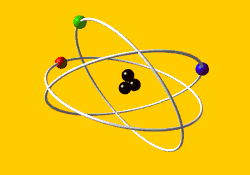
Ozone: Good Up High, Bad Nearby
Ozone is a gas that forms in the atmosphere when 3 atoms of oxygen are combined (03). It is not emitted directly into the air, but at ground level is created by a chemical reaction between oxides of ... Continue reading
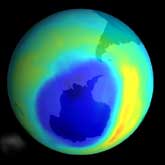
What Is An Atom?
Atoms are the extremely small particles of which we, and everything around us, are made. A single element, such as oxygen, is made up of similar atoms. Different elements, such as oxygen, carbon, and ... Continue reading

What is an Estuary?
An estuary is a partially enclosed body of water formed where freshwater from rivers and streams flows into the ocean, mixing with the salty sea water. Estuaries and the lands surrounding them are ... Continue reading
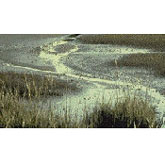
What is Haze?
Haze is caused when sunlight encounters tiny pollution particles in the air. Some light is absorbed by particles. Other light is scattered away before it reaches an observer. More pollutants mean more ... Continue reading
